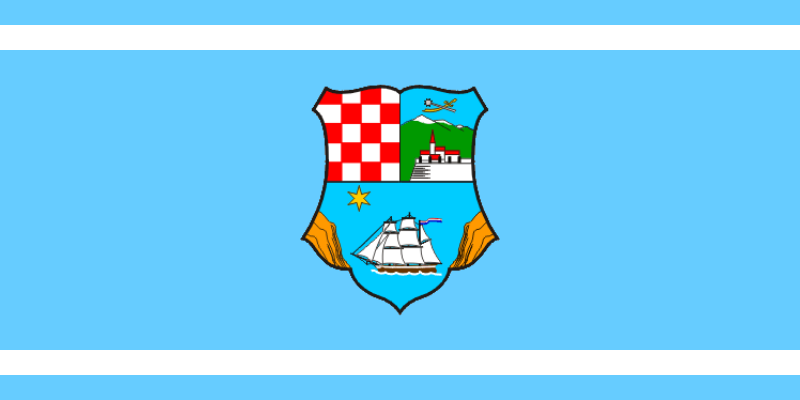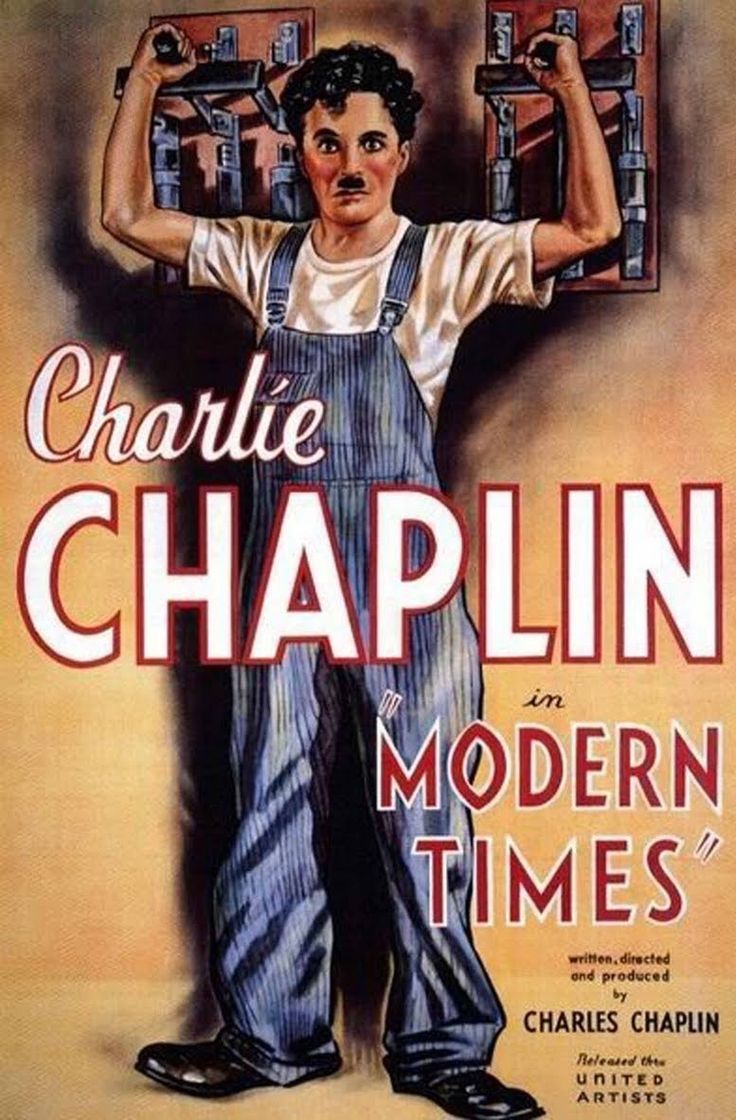|
Krešo Golik
Krešimir "Krešo" Golik (20 May 1922 – 20 September 1996) was a Croatian film and television Film director, director and screenwriter. In a creative career spanning five decades between the late 1940s and late 1980s, Golik directed a number of critically acclaimed feature films, short subjects and television series. Working almost exclusively at Zagreb-based production companies Jadran Film, Zagreb Film and Croatia Film, Golik is regarded as one of the most important directors in Croatian cinema and his 1970 comedy ''One Song a Day Takes Mischief Away'' is widely regarded as the greatest Croatian film ever made. According to Croatian film scholar Ivo Škrabalo, Golik was "the only Croatian film-maker who managed to retain his integrity in all the periods of the post-war Croatian cinema, from its beginnings in the service of the propaganda of the victorious communist system to the last years of its existence". Life and career Golik was born in Fužine, Croatia, Fužine, w ... [...More Info...] [...Related Items...] OR: [Wikipedia] [Google] [Baidu] |
Fužine, Croatia
Fužine is a village and a municipality located in Primorje-Gorski Kotar County, 10 km away from the coast and 30 km away from the city of Rijeka. It is situated at 722 meters above sea level while being surrounded by mountains and three large artificial accumulation lakes (Bajer, Potkoš and Lepenica). Geography There are three large man-made lakes (Bajer and Lepenica) and one small lake (Potkoš) in Fužine. All the lakes are used for generating electricity. There is also a cave in Fužine named Vrelo. The area is surrounded by the mountains of Tuhobić, Viševica, and Bitoraj. Climate Between 1955 and 1972, the highest temperature recorded at the Brana weather station was , on 6 July 1957. The coldest temperature was , on 14 January 1968. History Fužine was built in the 17th century when the House of Zrinski opened an iron mine in this area of Gorski Kotar. Fužine got its name from blacksmiths, because there were many blacksmiths in Fužine fixing carriages. Sign ... [...More Info...] [...Related Items...] OR: [Wikipedia] [Google] [Baidu] |
Gymnasium (school)
''Gymnasium'' (and Gymnasium (school)#By country, variations of the word) is a term in various European languages for a secondary school that prepares students for higher education at a university. It is comparable to the US English term ''University-preparatory school, preparatory high school'' or the British term ''grammar school''. Before the 20th century, the gymnasium system was a widespread feature of educational systems throughout many European countries. The word (), from Greek () 'naked' or 'nude', was first used in Ancient Greece, in the sense of a place for both physical and intellectual education of young men. The latter meaning of a place of intellectual education persisted in many European languages (including Albanian language, Albanian, Bulgarian language, Bulgarian, Czech language, Czech, Dutch language, Dutch, Estonian language, Estonian, Greek language, Greek, German language, German, Hungarian language, Hungarian, Macedonian language, Macedonian, Montene ... [...More Info...] [...Related Items...] OR: [Wikipedia] [Google] [Baidu] |
Kajkavian
Kajkavian is a South Slavic languages, South Slavic supradialect or language spoken primarily by Croats in much of Central Croatia and Gorski Kotar. It is part of the South Slavic dialect continuum, being transitional to the supradialects of Čakavian, Štokavian and the Slovene language. There are differing opinions over whether Kajkavian is best considered a dialect of the Serbo-Croatian language or a fully-fledged language of its own, as it is only partially mutually intelligible with either Čakavian or Štokavian and bears more similarities to Slovene language, Slovene; it is transitional to and fully Mutual intelligibility, mutually intelligible with Prekmurje Slovene and the dialects in Styria (Slovenia), Slovenian Lower Styria's region of Prlekija in terms of phonology and vocabulary. Outside Croatia's northernmost regions, Kajkavian is also spoken in Austrian Burgenland and a number of enclaves in Hungary along the Austrian and Croatian border and in Romania. Name Th ... [...More Info...] [...Related Items...] OR: [Wikipedia] [Google] [Baidu] |
Podravina
''Podravina'' (in Croatian) or ''Podravje'' (in Slovenian) are Slavic names for the Drava river basin in northern Croatia and Slovenia. Both names combine the hydronym with the South Slavic prefix "''po''-", meaning "alongside" or "after". History Between 1929 and 1941, the area was mostly incorporated in one of the provinces of the Kingdom of Yugoslavia, the ''Drava Banovina'' (Banate of Drava.) The banate comprised most of present-day Slovenia, and shared its capital of Ljubljana. One of the modern counties of Croatia is named Virovitica-Podravina; however, the unofficial capital of the Croatian Podravina region is the city of Koprivnica, the capital of Koprivnica-Križevci County. Major cities and towns along the river Cities and towns in Slovenia: *Dravograd *Maribor *Ptuj Cities and towns in Croatia: *Varaždin *Koprivnica (Capital of Croatian Podravina) *Đurđevac *Virovitica * Slatina *Osijek The state route D2 connects all Croatian towns in ''Podravina''. See a ... [...More Info...] [...Related Items...] OR: [Wikipedia] [Google] [Baidu] |
Gruntovčani
''Gruntovčani'' () is a Yugoslav drama series that originally aired on JRT (RTV Zagreb) between September 21 and November 23, 1975. The story of this TV-series, directed by Krešo Golik and written by Mladen Kerstner, is mainly set in a fictional remote village of Gruntovec, located in Podravina (a cultural region of Croatia), and revolves around a peasant Andrija "Draš" Katalenić nicknamed Dudek (played by Martin Sagner) who lives with his wife Regica (played by Smiljka Bencet) and whose troubles ensue from his honest and naive nature, since his fellow villagers take advantage of him to the greatest extent. Synopsis The microcosm of the rural environment of Podravina was filmed by Krešo Golik according to Kerstner's script. Mladen Kerstner invested several years of his life in this scenario, visiting various local village pubs and taking notes of adventures by various “characters” which form the backbone of social life in small Pannonian villages. Gruntovčani intro ... [...More Info...] [...Related Items...] OR: [Wikipedia] [Google] [Baidu] |
I Have Two Mothers And Two Fathers
''I Have Two Mothers and Two Fathers'' () is a 1968 Yugoslav/ Croatian comedy drama film directed by Krešo Golik. The film won the Golden Arena for Best Actress (Mia Oremović) and Golden Arena for Best Cinematography (Ivica Rajković) at the 1968 Pula Film Festival, the Yugoslav national film awards. In 1999, a poll of Croatian film critics found it to be one of the best Croatian films ever made. References External links * 1968 films 1968 drama films Jadran Film films Films directed by Krešo Golik Yugoslav drama films Films set in Yugoslavia Films set in Croatia {{Yugoslavia-film-stub ... [...More Info...] [...Related Items...] OR: [Wikipedia] [Google] [Baidu] |
Comedy Film
The comedy film is a film genre that emphasizes humor. These films are designed to amuse audiences and make them laugh. Films in this genre typically have a happy ending, with dark comedy being an exception to this rule. Comedy is one of the oldest genres in film, and it is derived from classical comedy in theatre. Some of the earliest silent films were slapstick comedies, which often relied on visual depictions, such as sight gags and pratfalls, so they could be enjoyed without requiring sound. To provide drama and excitement to silent movies, live music was played in sync with the action on the screen, on pianos, organs, and other instruments. When sound films became more prevalent during the 1920s, comedy films grew in popularity, as laughter could result from both burlesque situations but also from humorous dialogue. Comedy, compared with other film genres, places more focus on individual star actors, with many former stand-up comics transitioning to the film industry ... [...More Info...] [...Related Items...] OR: [Wikipedia] [Google] [Baidu] |
Melodrama
A melodrama is a Drama, dramatic work in which plot, typically sensationalized for a strong emotional appeal, takes precedence over detailed characterization. Melodrama is "an exaggerated version of drama". Melodramas typically concentrate on dialogue that is often bombastic or extremely sentimentality, sentimental, rather than on action. Characters are often Character (arts)#Round vs. flat, flat and written to fulfill established character archetypes. Melodramas are typically set in the private sphere of the home, focusing on morality, family issues, love, and marriage, often with challenges from an outside source, such as a "temptress", a scoundrel, or an aristocratic villain. A melodrama on stage, film, or television is usually accompanied by dramatic and suggestive music that offers further cues to the audience of the dramatic beats being presented. In scholarly and historical musical contexts, melodramas are Victorian era, Victorian dramas in which orchestral music or son ... [...More Info...] [...Related Items...] OR: [Wikipedia] [Google] [Baidu] |
Ustaše
The Ustaše (), also known by anglicised versions Ustasha or Ustashe, was a Croats, Croatian fascist and ultranationalist organization active, as one organization, between 1929 and 1945, formally known as the Ustaša – Croatian Revolutionary Movement (). From its inception and before the World War II, Second World War, the organization engaged in a series of terrorist activities against the Kingdom of Yugoslavia, including collaborating with Internal Macedonian Revolutionary Organization, IMRO to assassinate King Alexander I of Yugoslavia#Assassination of Alexander I, Alexander I of Yugoslavia in 1934.The Assassination of Europe, 1918-1942: A Political History, Howard M. Sachar, University of Toronto Press, 2014, , pp. 251–258. During World War II in Yugoslavia, the Ustaše went on to perpetrate The Holocaust in the Independent State of Croatia, the Holocaust and genocide against its Jews, Jewish, Genocide of Serbs in the Independent State of Croatia, Serb and Romani Holoca ... [...More Info...] [...Related Items...] OR: [Wikipedia] [Google] [Baidu] |
Djevojka I Hrast
''The Girl and the Oak'' () is a 1955 Yugoslav film directed by Krešo Golik. Cast * Tamara Miletić as Smilja (as Tamara Markovic) * Ljuba Tadić Ljubomir "Ljuba" Tadić ( sr-cyr, Љубомир Љуба Тадић; 31 May 1929 – 28 October 2005) was a Yugoslav actor who enjoyed a reputation as one of the greatest names in the history of former Yugoslav cinema. Biography He made his scr ... as Josip (as Ljubivoje Tadic) * Miodrag Popović-Deba as Bojan (as Miodrag Popovic) * Andrej Kurent as Ivan * Viktor Bek as Marko * Josip Petričić as Roko * Stojan 'Stole' Arandjelović as Petar, Ivanov brother (as Stojan Arandjelovic) * Violeta Prosevska as Smilja kao djevojcica * Ivka Berković as Ivanova majka * Mia Sasso as Smiljina mati * Luka Aparać as Ilija - Ivanov brat * Josip Batistić as Svecenik * Drago Mitrović as Pavle * Mile Gatara as Seljak References External links * 1955 films Jadran Film films Films directed by Krešo Golik Croatian drama films ... [...More Info...] [...Related Items...] OR: [Wikipedia] [Google] [Baidu] |
Plavi 9
''The Blue 9'' (''Plavi 9'') is a 1950 Croatian football comedy film. The film was directed by Krešo Golik. That film is a bizarre mixture of the Soviet-style industrial epic, romantic comedy and football film. It is famous for superbly directed football sequences. After release it quickly became the biggest hit of then-young Yugoslav cinema. This film is first Croatian movie with sport as the main topic. ''The Blue 9'' is also first Croatian comedy film from sound era. Movie was filmed on the locations in Croatia (Split, Rijeka and Zagreb) and in Serbia (Belgrade). Cast * Irena Kolesar as Nena * Jugoslav Nalis as Zdravko * Antun Nalis Antun Nalis (9 February 1911 – 14 February 2000), a.k.a. Tonči Nalis, was a Croatian actor. Antun Nalis was born in Zadar, which was part of Austria-Hungary at the time. After World War I Zadar became part of Italy, which later helped Nalis to ... as Fabris * Ljubomir Didic as Pjero 'Situacija' * Tjesivoj Cinotti as Kibic External lin ... [...More Info...] [...Related Items...] OR: [Wikipedia] [Google] [Baidu] |




